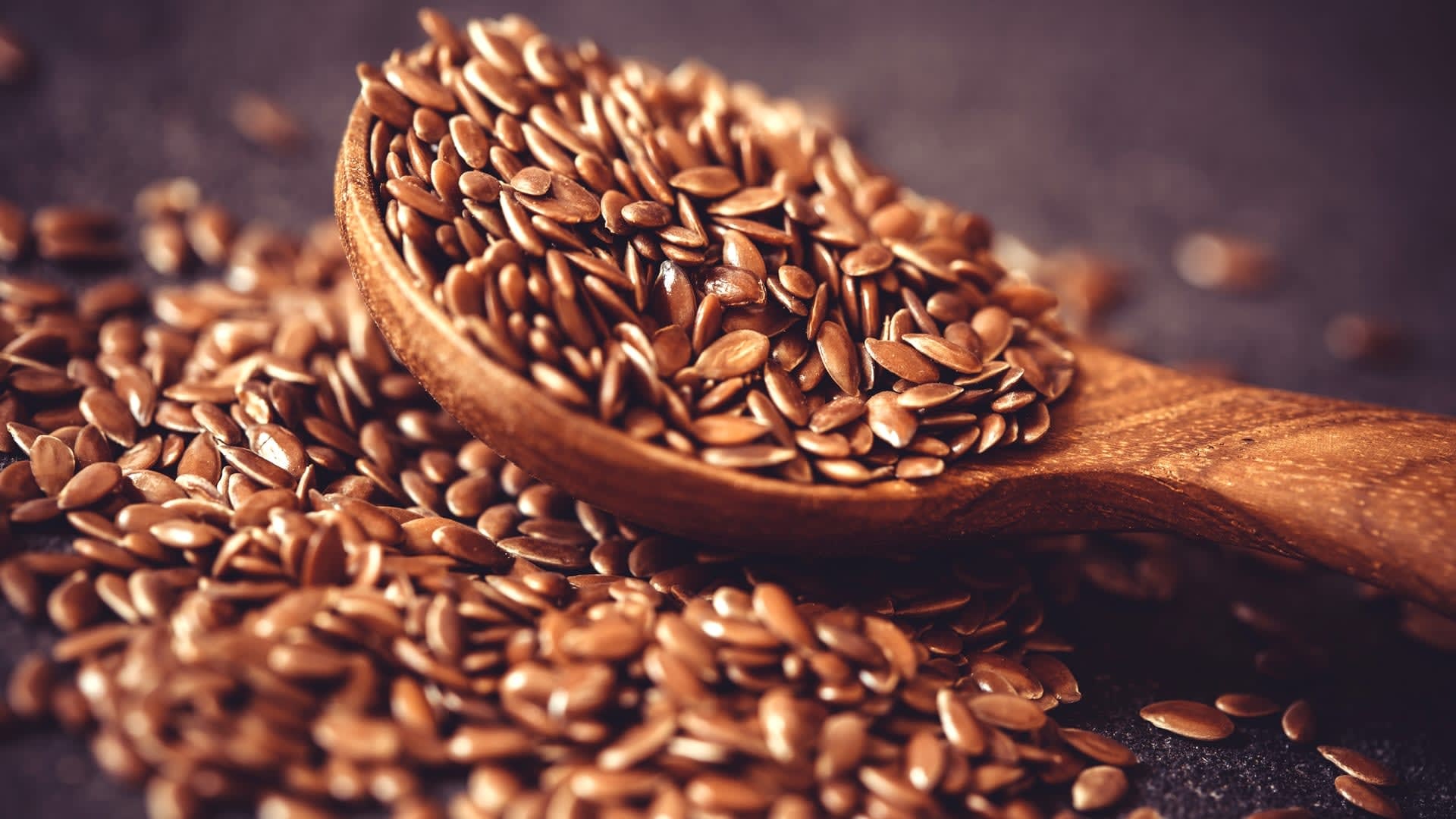The Secret Superfood You’re Missing: 7 Reasons to Start Eating Sunflower Seeds Now!
Sunflower seeds often overlooked are a nutritional powerhouse packed with an array of health benefits. Whether you’re a health enthusiast or just looking for a nutritious snack here are seven compelling reasons to incorporate sunflower seeds into your diet.
1. Rich in Plant-Based Protein
- Power-Packed Nutrition: Sunflower seeds are an excellent source of plant-based protein making them a perfect snack for vegetarians and vegans.
- Muscle Building and Repair: The high protein content aids in muscle building and repair essential for a healthy active lifestyle.
2. Heart Health Benefits
- Cholesterol Reduction: Rich in unsaturated fats these seeds can help lower bad cholesterol levels reducing the risk of heart disease.
- Blood Pressure Management: Magnesium in sunflower seeds plays a role in lowering blood pressure further benefiting heart health.
3. Enhances Skin Health
- Vitamin E Rich: Packed with Vitamin E sunflower seeds can help protect the skin from damage caused by free radicals.
- Natural Glow: The nutrients in sunflower seeds contribute to a healthy complexion and may improve skin health.
4. Supports Mental Health
- Mood-Enhancing Properties: The magnesium in sunflower seeds is known to help reduce stress and anxiety.
- Brain Health: These seeds contain antioxidants and nutrients that are beneficial for brain health and cognitive function.
5. Aids in Digestion
- High in Fiber: Sunflower seeds are a great source of dietary fiber aiding in digestion and preventing constipation.
- Gut Health: Regular consumption can help maintain a healthy gut contributing to overall wellness.
6. Versatility in Cooking
- From Salads to Desserts: Easily incorporate sunflower seeds into your diet from sunflower seed salads to delicious sunflower seed cookies.
- b: They add a pleasant nutty flavor to dishes and are a great way to boost the nutrition of your meals.
7. Bone Health
- Calcium and Magnesium: Essential for bone health these minerals found in sunflower seeds support strong bones and teeth.
- Prevention of Bone-related Diseases: Regular consumption can help prevent osteoporosis and other bone-related diseases.

How To Choose The Best Cooking Oil?
Selecting the right cooking oil can significantly impact the health benefits flavor and outcome of your dishes. With a myriad of options available it's important to make an informed choice based on several key factors:
Smoke Point:
- Understanding Smoke Point: The smoke point of an oil is the temperature at which it starts to burn and smoke. Cooking beyond an oil’s smoke point can release harmful free radicals and affect the taste of your food.
- High-Heat Cooking: For frying or sautéing choose oils with a high smoke point such as avocado oil sunflower oil or refined olive oil.
Nutritional Profile:
- Healthy Fats: Look for oils rich in unsaturated fats like olive oil or canola oil which are heart-healthy options.
- Omega-3 Fatty Acids: Oils like flaxseed and walnut oil are high in omega-3 fatty acids beneficial for brain and heart health.
Flavor:
- Taste Consideration: Some oils have distinct flavors that can enhance the taste of certain dishes. For example extra virgin olive oil and sesame oil add a nice flavor to salads and Asian cuisine respectively.
- Neutral Oils: For baking or dishes where you don't want the oil to influence the taste opt for neutral oils like vegetable canola or grapeseed oil.
Processing Method:
- Cold-Pressed Oils: These are extracted without heat retaining more natural flavors and nutrients. Olive oil and coconut oil are often available in cold-pressed varieties.
- Refined Oils: Refined oils are processed to remove impurities giving them a higher smoke point but potentially fewer nutrients.
Health Concerns:
- Cholesterol and Heart Health: If you have heart disease or high cholesterol choose oils low in saturated fats like olive oil or canola oil.
- Allergies: Be aware of any potential allergies. For instance those with nut allergies should avoid nut-based oils.
Environmental Impact:
- Sustainable Sourcing: Consider the environmental impact of the oil production. Palm oil for example has been linked to deforestation and habitat destruction.
- Organic Options: Organic oils are produced without harmful pesticides and can be a healthier more environmentally friendly choice.
Price and Shelf Life:
- Cost-Effectiveness: While some high-quality oils can be pricey there are affordable options that don't compromise on health benefits.
- Storage and Shelf Life: Some oils like flaxseed oil have a short shelf life and need to be refrigerated. Consider how quickly you'll use the oil and how it should be stored.
Conclusion
Sunflower seeds are a simple yet incredibly nutritious addition to any diet. From supporting heart health to enhancing skin health the benefits are numerous. Incorporating these seeds into your daily diet is easy thanks to their versatility in recipes. Whether you snack on them raw sprinkle them on salads or bake them into cookies you’re sure to reap their numerous health benefits. Next time you’re in the grocery store don’t forget to grab a bag of sunflower seeds – your body will thank you for this nutrient-packed superfood!






